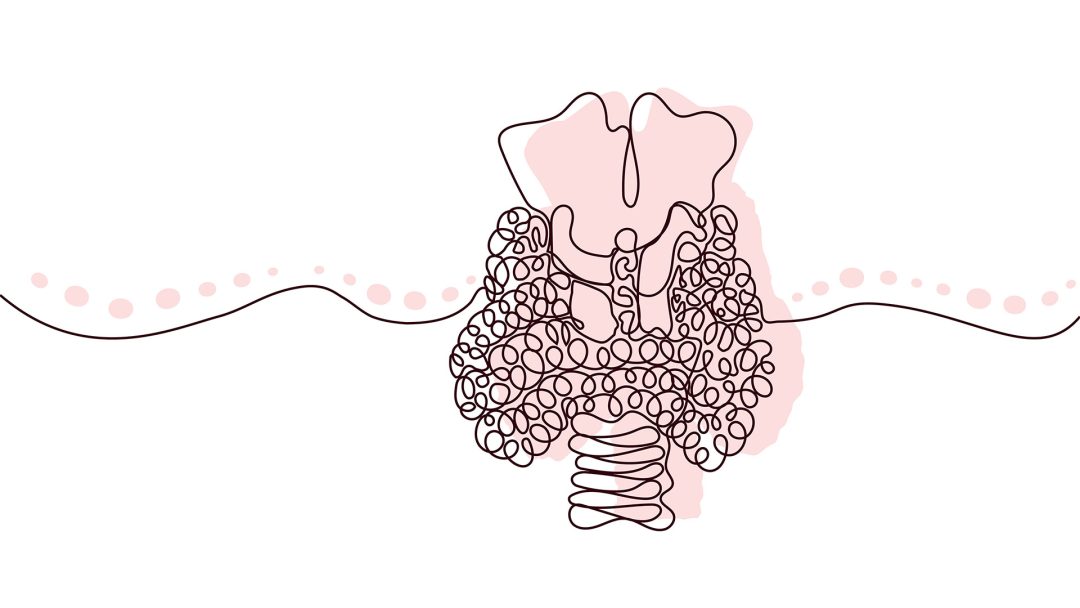Hyperthyroidism

Hyperthyroidism, also known as hyperthyroidism, often results from a pathological cell change such as Graves’ disease or functional thyroid autonomy (increased thyroid activity independent of the pituitary gland). Hyperthyroidism leads to increased production of thyroid hormones, which causes the metabolism to spike. This leads to a hormonal imbalance and the development of a wide range of symptoms.
Symptoms of Hyperthyroidism
Increased production of thyroid hormones and the associated increased metabolic activity can lead to the following symptoms:
- Enlarged thyroid gland
- Rapid heartbeat (pulse), increased blood pressure and cardiac arrhythmia
- Nervousness, irritability and occasionally depression
- Trembling in the hands
- Sleep disorders
- Frequent bowel movements up to chronic diarrhea
- Weight loss despite increased food intake
Diagnosis and Treatment of Hyperthyroidism
Blood tests of thyroid parameters such as fT3, fT4 and TSH are used for diagnosis. If immunogenic causes are suspected, relevant antibodies are also measured. The size of the thyroid gland can also be determined more precisely using ultrasound.
Therapy is typically initially aimed at treatment with thyrostatic drugs and supportive symptomatic treatment. Radioiodine therapy can also be used to induce hypothyroidism, as this is easier to treat. In some cases, surgical therapy can also be considered as a treatment.
From a holistic perspective, nutrient deficiencies in the body should be identified and balanced. Micronutrients such as selenium, as well as zinc, manganese and copper, are important for proper thyroid function. Vitamin D and omega 3 are also important factors for the thyroid gland and should be supplied to the body in sufficient quantities.
A healthy gut is also important for bodily function and should be taken into account in the case of hyperthyroidism. Leaky gut or SIBO can be treated with the help of an individually adapted intestinal cleanse.
Med. pract. Dana Hreus M.A.
Early diagnosis and integrative, individually tailored treatment plans are crucial for the optimal treatment of hyperthyroidism.

Further information
The information listed contains relevant topics and serves to improve understanding.